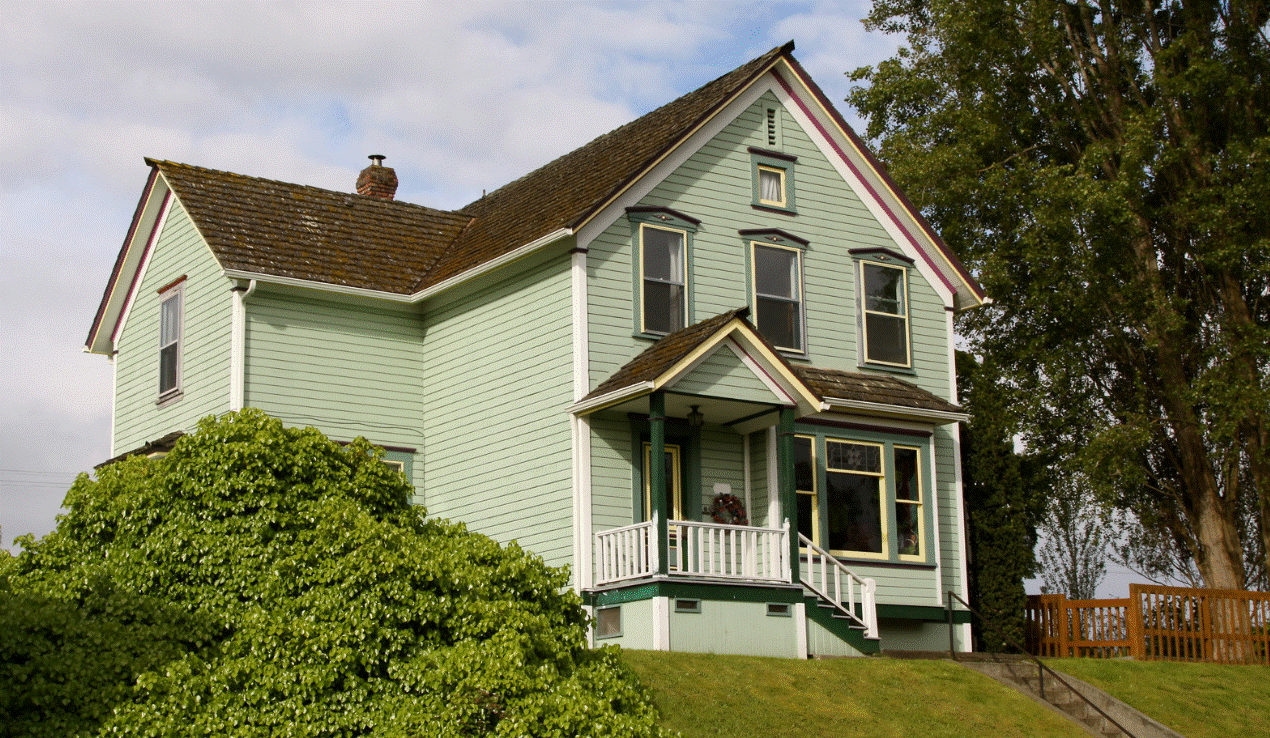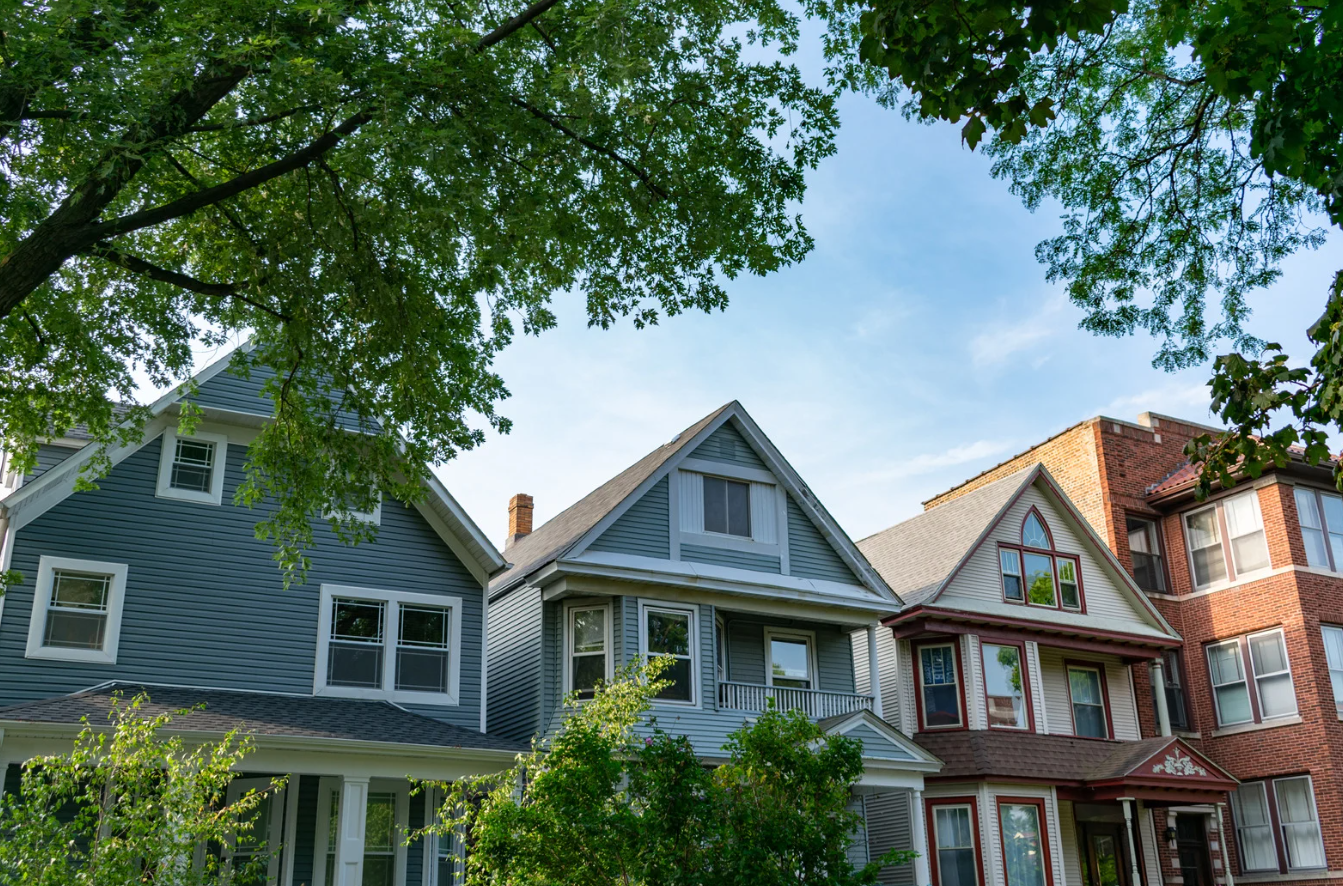If you’ve fulfilled your dream of owning an old house, you know there’s so much joy in its timeless charm, unique architectural details and rich history. However, these architectural gems require consistent maintenance — often much more than newer properties. Once you purchase an old home, you may encounter some unexpected maintenance surprises.
Old houses boast a distinctive allure marked by impressive craftsmanship and careful attention to detail. Their solid construction and intricate wooden accents showcase the commitment of the initial builders. Regular maintenance ensures you preserve the home’s value with these enduring qualities and avoid any potential complications.
Structural Integrity
Aging homes may settle over time, resulting in slanted floors and walls. While typically harmless, such issues call for close monitoring and action when necessary. This is the first thing you should look out for to prevent the foundation from wearing down as well as safety issues and repairs that will cost more down the line.
Consider consulting professionals like contractors or structural engineers to assess your home's foundation and frame before undertaking significant renovations or additions.
Plumbing and Electrical Systems
Older residences often feature outdated plumbing and wiring that need periodic updating and replacement to meet current safety standards and improve functionality. For example, many older homes have galvanized pipes made of steel, which over time corrode and cause plumbing issues. Set aside money for emergency repairs and system enhancements to boost safety and increase property values.
Heating and Cooling
Inefficient heating methods found in older homes can benefit from modernization, which leads to substantial energy savings. Inspecting insulation and replacing hazardous materials, like asbestos, also protect residents' well-being. Installing whole-house fans for seasonal air circulation is cheaper than high-priced central cooling units.
Exterior Maintenance
The exterior of an older home requires frequent touch-ups and painting to shield against inclement weather and maintain visual appeal. Fixing worn-out siding prevents decay and keeps the structure true to form. Proactive exterior maintenance prolongs your home's life span and reduces costly repairs.
Chimney
A chimney in an old house may require several maintenance tasks, including checking for cracks or damages in the flue liner and ensuring the crown and cap are secure. You may need to repair mortar joints or clean and remove creosote deposits,
When recognizing creosote, you’ll notice that it’s stickier than soot. Although creosote burns away at 250 degrees Fahrenheit, it could lead to uncontrollable fire on your roof if left unchecked. Regular inspections and maintenance can prevent costly repairs and ensure safe operation.
Landscaping and Outdoor Spaces
Beautiful landscapes and exterior features accompanying historic homes necessitate constant oversight. Tidy lawns, trimmed hedges and controlled weeds create pleasant surroundings and raise property appraisals. Examining and maintaining structures like porches, balconies and fencing ensures their proper use and longevity.
Windows and Doors
Efficient windows and doors regulate energy consumption and enhance home security. Heat gain and loss through windows is said to contribute to 25%–30% of energy use when heating and cooling your home. Refurbishing traditional elements involves sealing draft gaps, changing broken panes, and adding adequate insulation. Transitioning gradually towards energy-efficient alternatives results in long-term benefits, including reduced utility costs and increased comfort.
What to Consider When Maintaining an Older Home
Carefully calculate the anticipated costs of various projects to manage your finances more efficiently. It's advisable to establish a yearly budget that covers recurring maintenance tasks and minor improvements. At the same time, set aside sufficient funds for larger renovations or restorations, ensuring financial preparedness when undertaking such modifications.
Take time to understand the unique characteristics of your home. Older properties often feature distinct architectural elements, materials and craftsmanship that increase home value but also require specialized care. Familiarize yourself with these aspects to determine appropriate cleaning methods, repairs and upgrades to preserve your home's original charm and integrity.
Lastly, always prioritize safety measures when managing an old property. Regular inspections and updates to electrical systems, plumbing, HVAC and structural components can prevent potential hazards and maintain a comfortable living environment. Considering all these factors, you can thoughtfully maintain your cherished old home while honoring its rich history and character.
Maintaining an Older House
When you accept responsibility for preserving an old house, you gain satisfaction through retaining precious architectural aspects, sustaining historical ties and ensuring practical applications. Dedicated efforts result in warm, inviting environments filled with character for many years ahead.





